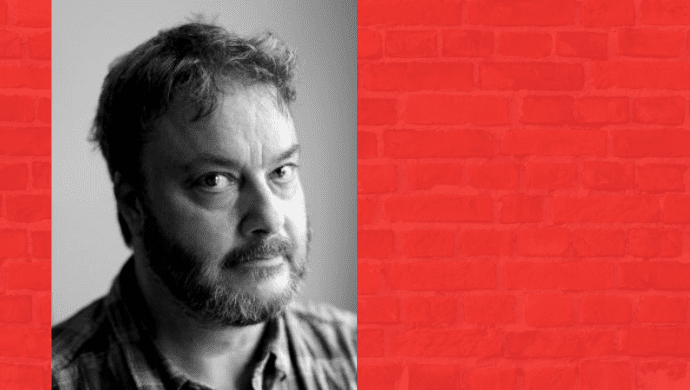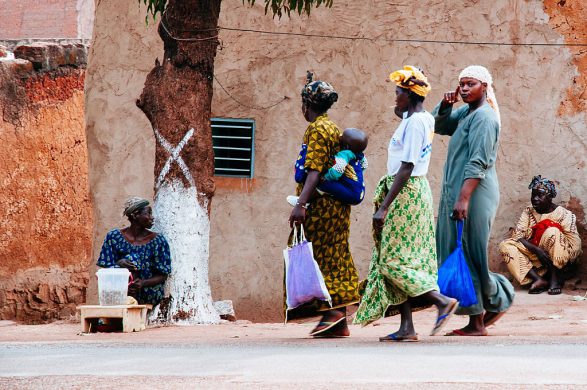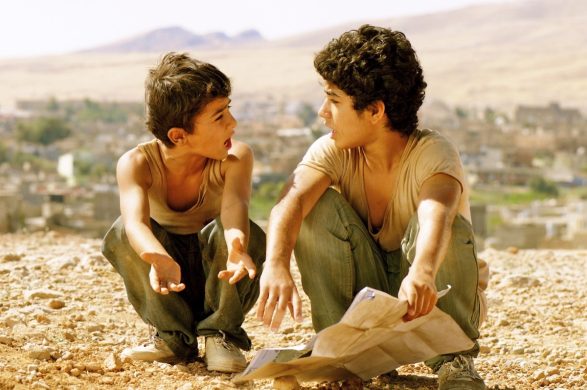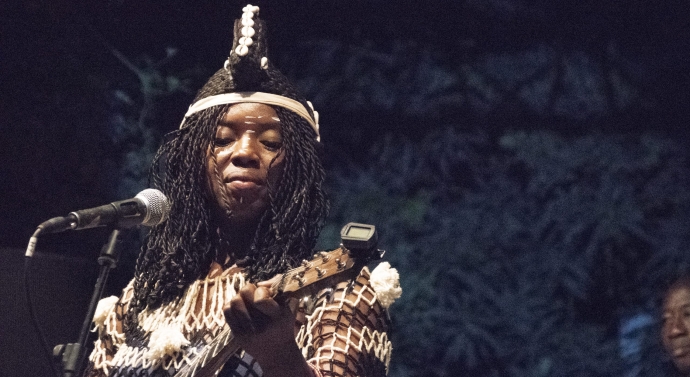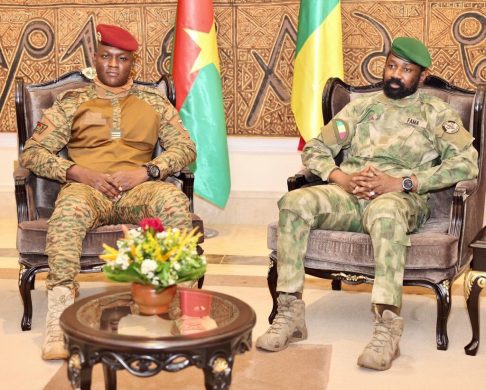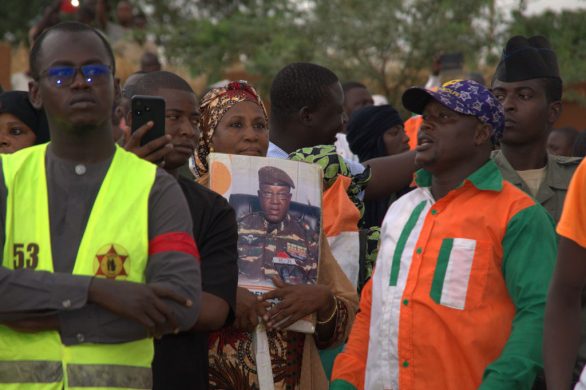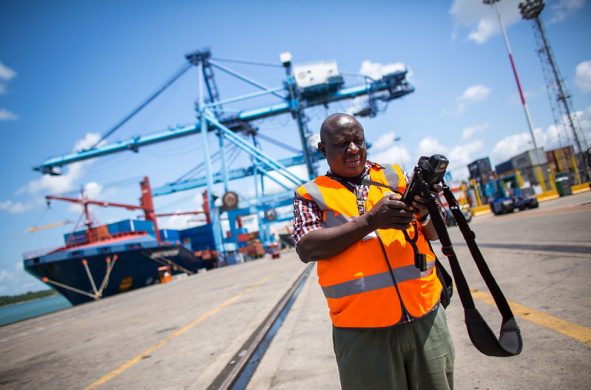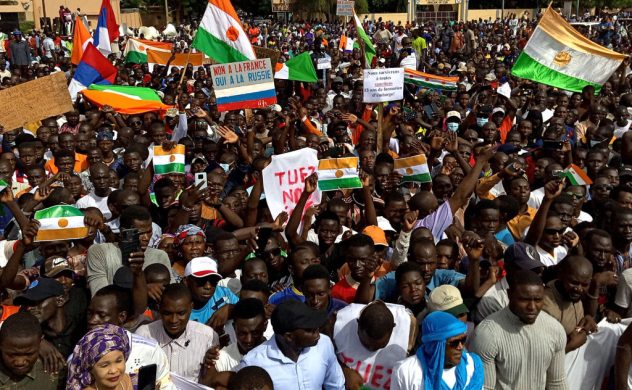MBERA CAMP, Mauritania, 7 November 2016 (UNHCR): Tuareg mother Fatimata and her cattle herder family hid out in the desert of northern Mali after violence between armed groups erupted four years ago, waiting for the situation to improve.
But despite a UN-brokered Peace and Reconciliation Agreement in June last year, which sought to end years of uprisings in the remote region, she is among a growing number of people fleeing what they say are worsening tensions there.
Troede det ville blive bedre efter fredsaftalen
“After the peace deal, we thought that the situation was going to improve but we see it is only getting worse. There is nowhere to be safe in Mali,” she said.
In October alone, more than 2,000 people like Fatimata have crossed the border to seek refuge in and around Mbera camp in southeast Mauritania. The influx is the largest since 2013. More are expected to follow as movements are reported at the border town of Fassala.
The mother and her eight month-old baby are living in a makeshift camp around an overcrowded transit centre at Mbera as they wait with hundreds of others to be registered by UNHCR, the UN Refugee Agency.
Fatimata hopes that she will be joined soon by her cattle-herder husband, who was hampered from leaving Mali by persistent insecurity, characterized by frequent armed clashes, militant attacks and banditry.
“He cannot reach the nearest town to sell his cows because armed people will seize them. They use force to get what they want. Inshallah – God willing – my husband will join me here in Mbera with the herds soon,” she said.
135.000 malinesere flygtet til andre lande
More than 135,000 Malians who had run from the conflict in their country continue live in exile, mainly in Burkina Faso, Niger, and Mauritania, where Mbera camp continues to be home to more than 42,000 men, women and children.
Frequent security incidents in northern and central Mali also continue to trigger sporadic forced displacement in the region, both internally in Mali and into the other neighbouring countries. As such, the Malian conflict has led to a protracted displacement situation, calling for a continued humanitarian response.
The families arriving at the camp are of different ethnic backgrounds and mainly come from the region of Timbuktu and Gundam.
Moona, a Fula woman, said she and her family fled their village near Mopti following recent clashes with the Bambaras, another of the region’s ethnic groups, and she feels tensions have worsened in recent months.
“We came because of fear … Our community is being targeted,” she says, noting that her nephew was shot dead in an ambush.
The family reached Mbera camp in September and received emergency shelter from UNHCR. New arrivals like Moona are given aid including food, shelter and basic items.
A few cases of malnutrition as well as cases in need of medical attention, including pregnant women and vulnerable children, were identified and referred for treatment to health facilities.
Ingen udsigt til at flygtninge kan sendes hjem
Given continuing, and possibly worsening, insecurity, large-scale returns to Mali from Mauritania seem unlikely. UNHCR’s representative in Mauritania, Mohamed Alwash, expressed concern that the fresh displacement in northern Mali would further strain resources for the operations.
“Considering the unstable situation in northern and central Mali … and recent waves of arrivals to the camp, there is an urgent need to respond to refugees needs, especially through shelter, food and sanitation facilities,” Alwash says.




